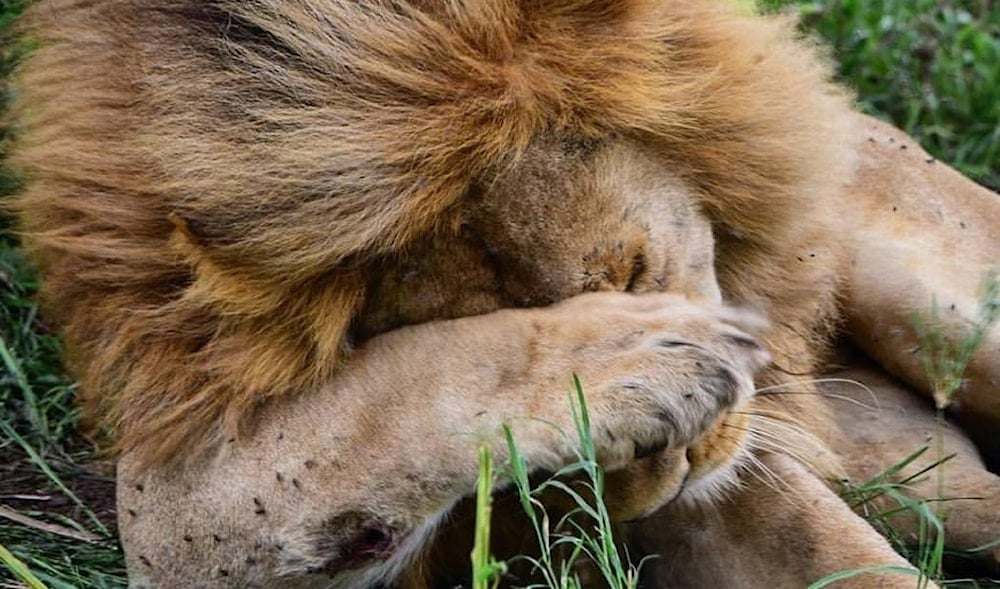World Bank, accused of enabling abuses, halts Tanzania tourism funding
The proposal to enlarge Ruaha National Park has faced allegations of misconduct, prompting the bank to withhold the remaining $50 million of its $150 million budget.
-

A lion at Tanzania National Parks (TANAPA)
The World Bank halted funding designated for the advancement of tourism in southern Tanzania following reports of killings, sexual assault, and forced displacements.
Last year, the Bank initiated an inquiry in response to allegations linking it to human rights violations surrounding the expansion of Ruaha National Park, slated to double in size under a program backed by the World Bank.
“The World Bank is deeply concerned about the allegations of abuse and injustice related to the Resilient Natural Resources Management for Tourism and Growth (Regrow) project in Tanzania,” said a World Bank spokesperson, as quoted by The Guardian.
“We have recently received information that suggests breaches of our policies in the implementation of the Regrow project. We have therefore decided to suspend further disbursement of funds with immediate effect,” the spokesperson added.
Tanzania was set to receive an additional $50 million, having already obtained $100 million in funding. The initiatives included the construction of roads, viewing areas, and visitor centers, as well as investments in wildlife monitoring and enhanced security.
Dive deeper
In recent weeks, thousands of Maasai people have been moving to the border between Tanzania and Kenya amid attempts by the Tanzanian government to evict members of the Nilotic ethnic group from their ancestral lands in the northern town of Loliondo.
Today, #Tanzania began evicting #Maasai pastoralists from the famed #Ngorongoro conservation for #UAE elites to turn it into a trophy-hunting ground. pic.twitter.com/sbvxPsIBbo
— Al Mayadeen English (@MayadeenEnglish) June 16, 2022
More than 2,000 Maasai crossed the border between the two countries following the outbreak of violence on June 10, according to Kenyan activists. The eviction of communities in Loliondo, situated in the northern district of Ngorongoro, poses a threat to over 70,000 people, as per the United Nations.
Despite the World Bank's announcement of an investigation, the Tanzanian government proceeded in October with plans to redefine the boundaries of the national park, potentially leading to the eviction of 21,000 people.
A report in 2022 revealed that the ancestral land of the Maasai people is set to become trophy-hunting grounds for UAE royals.
Northern Tanzania was faced with eviction orders as a UAE firm sought to turn ancestral land into a trophy-hunting ground. More than 70,000 Indigenous Maasais reside in northern Tanzania, and they were all facing displacement after the government revealed plans to lease the space to a UAE-based company, Business Corporation (OBC), to create a hunting reserve for elite tourism.
Indigenous leaders filed then an appeal at the regional court, hoping that they could halt the plans for this area. For Maasais, the current evictions are considered a violation of a 2018 injunction that barred the government from evicting Maasai from 1,500 square kilometers (580 square miles) of ancestral, legally registered land in the Loliondo Division of Ngorongoro, northern Tanzania.
Read more: Ancestral land of Maasai people trophy-hunting grounds for UAE royals

 3 Min Read
3 Min Read








